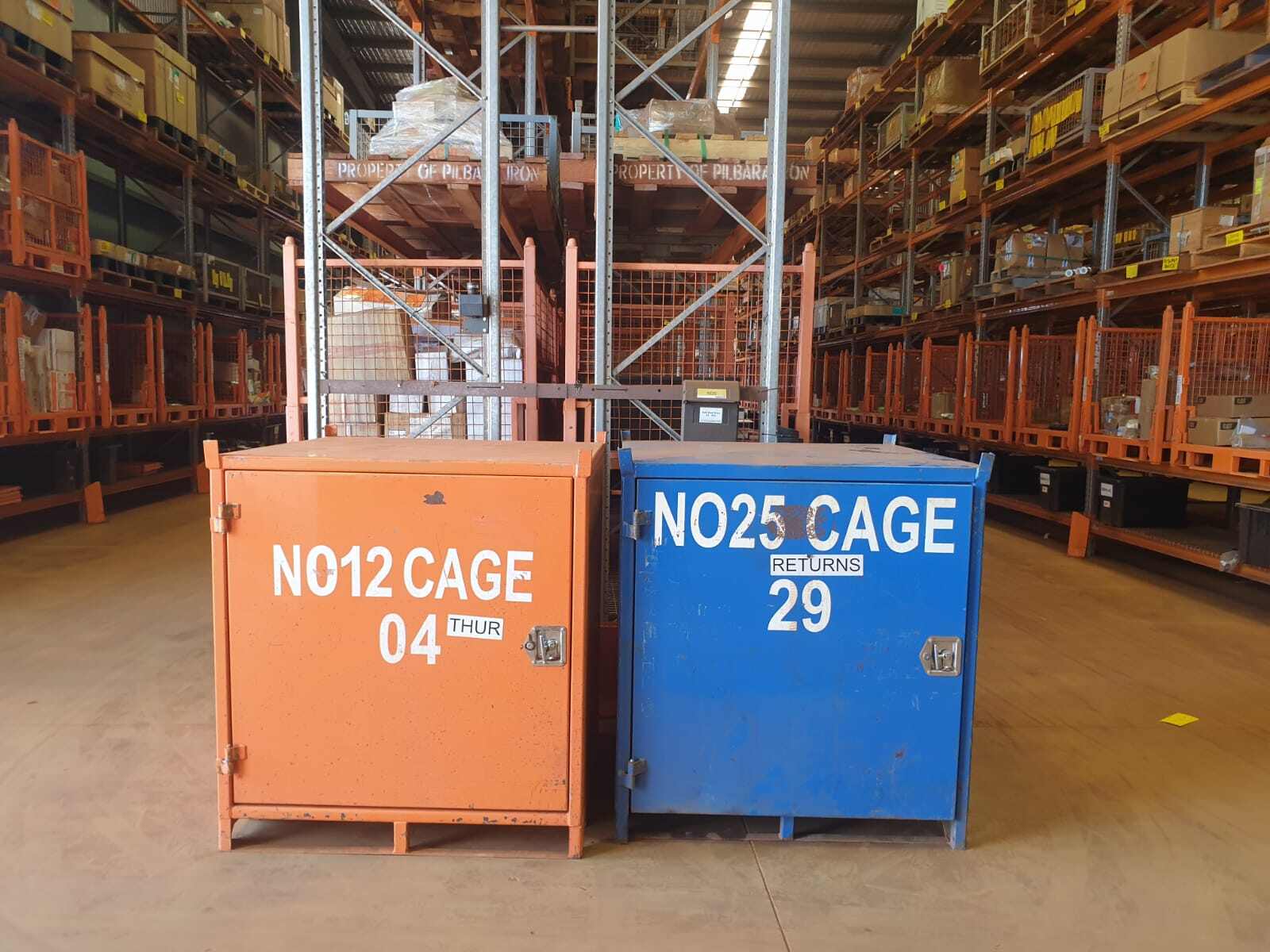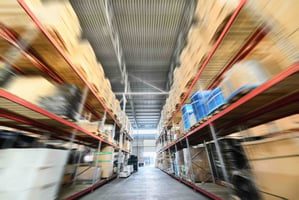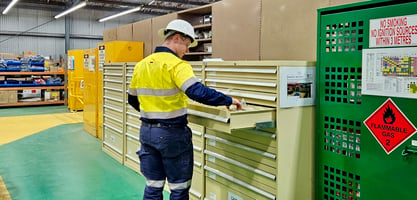This post is the final installment of our three part series on keeping your team healthier,...
Today, supply chain managers are searching for reusable and sustainable alternatives to plastic wrap — especially as consumers become increasingly interested in sustainability.
According to Deloitte's 2023 Gen Z and Millennial Survey, about four in five respondents say they want businesses to do more to enable consumers to make more sustainable purchasing decisions, including using more sustainable packaging.
Current State of Packaging
Plastic waste is a significant pollution problem, both here in Australia and around the globe. In fact, according to the Department of Climate Change, Energy, the Environment and Water, it is estimated that by 2050, the total volume of plastic in our oceans will outweigh the combined mass of fish.
Australians throw away around 1.9 million tonnes of packaging yearly – enough to fill the Melbourne Cricket Ground nine times over.
Globally, around 300 million tonnes of plastic waste is produced annually, the vast majority of which originates from packaging. Scarily, less than 20% of all plastic is recycled worldwide.
Plastic wrap's biggest drawback is its unsustainability. It's generally not recyclable, especially in many facilities that can't process "soft" plastics, leading most plastic wrap to end up in landfills.
The Cost of Plastic Wrap in Logistics
Plastic wrap is widely used in logistics to secure products on pallets during transport. While it seems inexpensive initially, its frequent use can make it costly over time. Hundreds of meters are used daily in busy facilities, adding to significant expenses.
Plastic wrap also requires labour for wrapping and unwrapping pallets, introducing extra steps in the supply chain and training needs for workers.
On top of this, improper wrapping can lead to product damage, costing businesses in lost shipments and materials.
The Shift Towards Sustainable Packaging Solutions
Companies are increasingly adopting alternatives to single-use plastic wrap in response to environmental concerns and pressure to reduce waste. Some alternatives include:
- Reusable Pallet Wraps: Innovations like Australian start-up Bearhug Pallet Wraps offer reusable options that secure pallets effectively while significantly reducing plastic waste. These wraps are made from durable materials that can withstand multiple trips.
- Upcycled Waste Materials: Using byproducts from other industries, such as agriculture or textiles, to create new wrapping materials is a growing trend. Upcycled materials reduce landfill waste and support a circular economy by transforming potential waste into a valuable resource.
- Compostable Wraps: Compostable bioplastics made from natural materials like cornstarch offer an eco-friendly alternative, breaking down into harmless components. However, they often require industrial composting facilities, which may not be accessible everywhere, limiting their immediate benefits.
- Plant-Based or Seaweed-Based Wraps: Seaweed-based materials are biodegradable, and some are even edible. Brands like Notpla are innovating with packaging that dissolves naturally, making them a promising option for companies looking to eliminate waste entirely.
Solutions for heavy industries
While alternative options are promising, only some are suitable for head-duty applications, such as transporting loose parts to remote locations such as mine sites.
Tradesales also offers an extensive range of pallet cages and stillage cages that are available in many different variations.
Our pallet and stillage cages range includes collapsible, fixed sides and fully lockable cages. We also offer lifting and wire mesh pallet cages and steel cages that are perfect for storing and transporting small and odd-shaped parts.
The heavy-duty construction of our pallet and stillage cages makes them ideally suited for heavy industry and logistics companies alike.
The logistics industry has an opportunity to lead the way in sustainability. By transitioning to reusable wraps, upcycled materials, or heavy-duty cages, businesses can minimise their reliance on plastic wrap and build greener, more efficient supply chains.
For companies in heavy industries, our pallet and stillage cages provide a practical, sustainable solution tailored for demanding applications.



